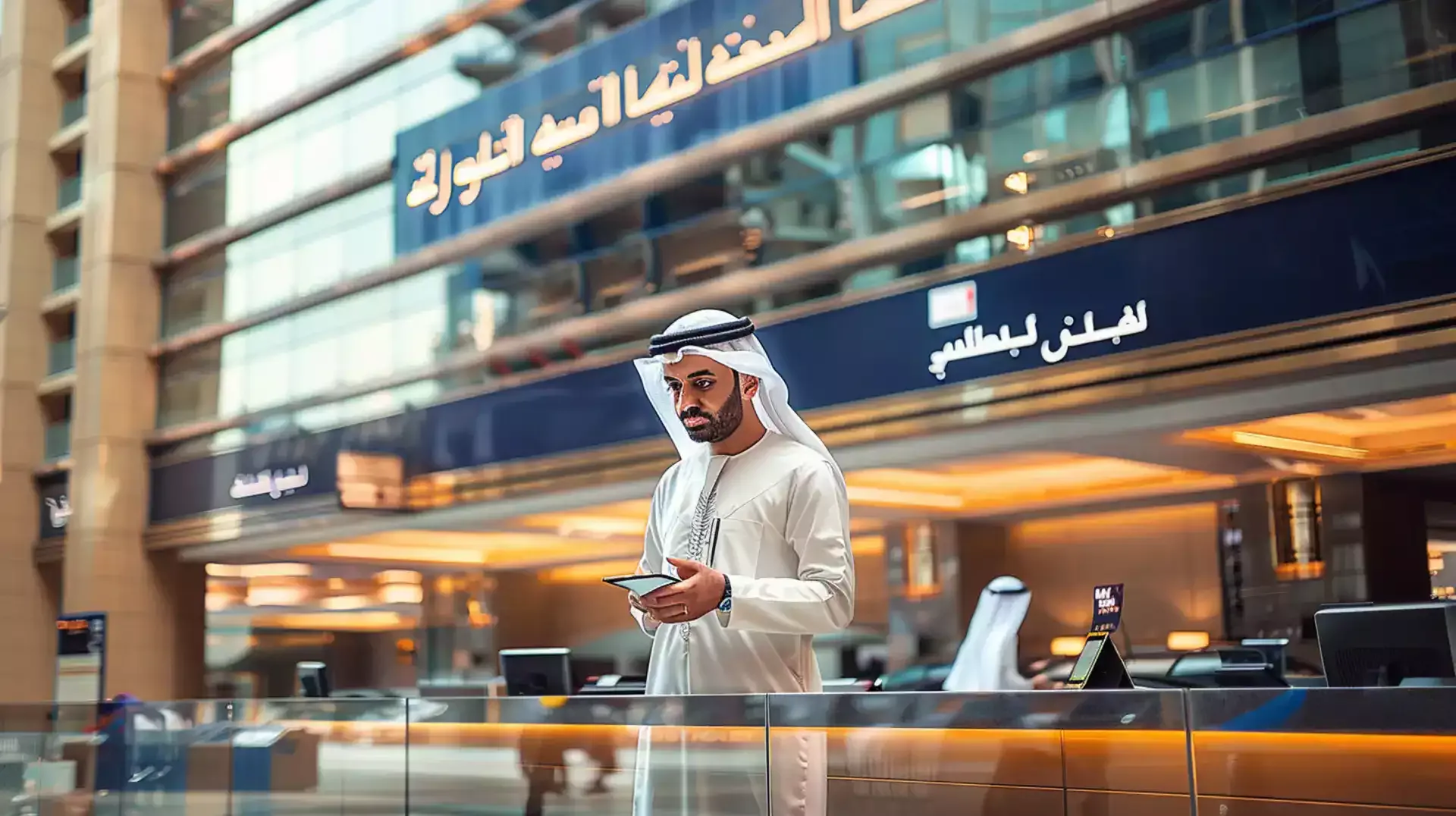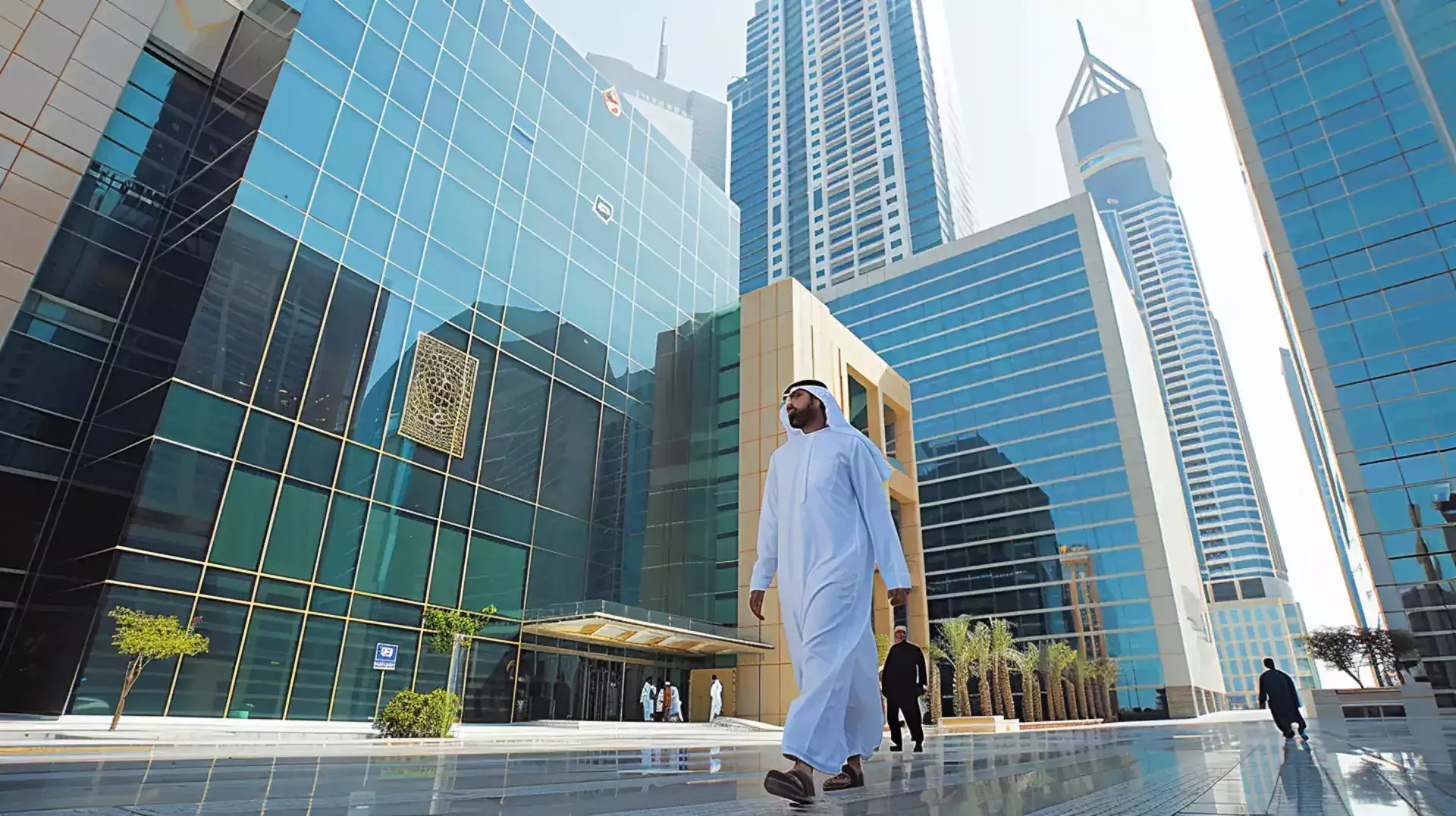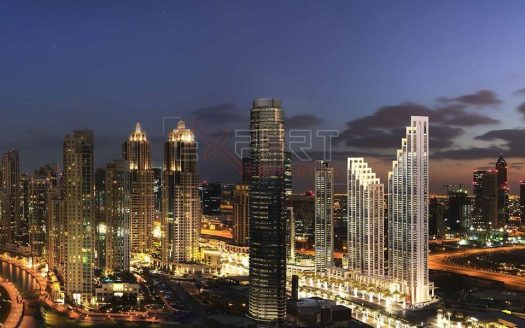Compliance: Understanding the Rules of Doing Business in Dubai Real Estate
Last Updated on January 17, 2025

Dubai’s real estate sector fascinates me. After spending 15 years navigating its complex regulatory landscape, I’ve witnessed remarkable transformations in compliance requirements. Let me share my expertise to help you understand the intricate world of Dubai’s property regulations and business rules.
Navigating the Regulatory Framework: Your First Steps into Dubai Real Estate
Dubai’s real estate regulatory framework stands as a masterpiece of modern legislation. The Real Estate Regulatory Agency (RERA) oversees all property transactions, setting stringent compliance standards that protect both investors and developers. Every year, I watch as these regulations evolve, becoming more sophisticated yet increasingly investor-friendly.
The foundation of Dubai’s property laws rests on Federal Law No. 5 of 1985 (Civil Code) and Law No. 7 of 2006 (Property Registration Law). These frameworks have undergone significant updates, with the most recent amendments in 2023 introducing enhanced protections for foreign investors. The compliance requirements might seem daunting at first, but they’re designed to create a transparent, secure investment environment.
For perspective, RERA processes approximately 90,000 real estate transactions annually, with a total value exceeding AED 200 billion. The regulatory body maintains a success rate of 99.8% in dispute resolution, showcasing the effectiveness of its compliance framework. This high success rate directly results from clear, well-enforced regulations.
Property registration fees typically amount to 4% of the property value, plus administrative fees ranging from AED 2,000 to AED 4,000. These fees contribute to maintaining the robust regulatory system that protects your investments. Additional registration charges may apply for mortgage registration (0.25% of the loan amount) and title deed issuance (AED 250).
The Golden Rules of Property Ownership
Foreign ownership in Dubai follows distinct patterns based on location and property type. Freehold areas, introduced in 2002, revolutionized the market. Currently, there are 23 designated freehold zones where non-UAE nationals can own property outright. These zones saw property value appreciation of 15-20% annually over the past five years.
Investment regulations vary by zone. In prime areas like Downtown Dubai and Dubai Marina, foreign investors enjoy complete ownership rights. However, some areas restrict foreign ownership to 99-year leasehold titles. The difference in property appreciation between freehold and leasehold areas averages 8-12% annually, making freehold properties generally more attractive to international investors.
Property ownership verification requires multiple steps, costing between AED 500-2,000 depending on the property type. The process includes document authentication (AED 150 per document), property inspection (AED 1,000-3,000), and title deed verification (AED 250). These steps typically take 5-7 working days to complete.
Recent regulations mandate that all property transactions exceeding AED 10 million undergo enhanced due diligence, requiring additional documentation and verification steps. This process, while more thorough, typically adds only 2-3 days to the transaction timeline and costs an additional AED 5,000-7,000.
Establishing Your Real Estate Business Presence
Setting up a real estate business in Dubai requires careful planning and compliance with multiple regulatory bodies. The Department of Economic Development (DED) oversees business licensing, while RERA manages real estate-specific permissions. Initial setup costs vary based on business activity and location.
A standard real estate brokerage license costs approximately AED 50,000-70,000 annually, including all government fees. Additional costs include:
- Office space registration: AED 15,000-25,000
- RERA registration: AED 10,000-20,000
- Staff visas and permits: AED 3,000-5,000 per employee
- Professional indemnity insurance: AED 20,000-30,000 annually
The business setup process typically takes 15-20 working days, provided all documentation is in order. Mainland companies require a local sponsor (51% ownership), while free zone companies offer 100% foreign ownership but face certain operational restrictions.
Recent regulatory changes allow real estate companies to operate under dual licensing systems, combining mainland and free zone benefits. This arrangement costs an additional AED 15,000-20,000 annually but provides greater operational flexibility.
Mastering Transaction Compliance and Documentation
Every real estate transaction in Dubai must follow specific documentation protocols. The requirements vary based on transaction type, property value, and buyer nationality. Understanding these requirements helps prevent delays and ensures smooth deal closure.
Property sale transactions require:
- Title deed verification (AED 250)
- NOC from developer (AED 500-5,000)
- Property valuation (AED 2,500-5,000)
- Mortgage registration (if applicable)
- Transfer fee payment (4% of property value)
The documentation process typically takes 7-10 working days. However, high-value transactions (above AED 50 million) may require additional scrutiny, extending the timeline to 15-20 working days. This enhanced due diligence includes source of funds verification and background checks.
Compliance violations can result in penalties ranging from AED 5,000 to AED 1 million, depending on the severity. Common violations include incorrect property valuations, undisclosed commission arrangements, and failure to register contracts with RERA.

Digital Compliance and Smart Property Solutions
Dubai’s push toward digital transformation has revolutionized real estate compliance. The Dubai REST platform, launched in 2020, handles over 80% of all property transactions digitally. This system reduces processing time by 60% and documentation errors by 90%, making compliance easier for investors and businesses.
Smart contracts, introduced in 2022, now govern 35% of all property transactions. These blockchain-based agreements cost AED 1,000-2,000 to implement but save approximately AED 5,000-7,000 in traditional legal fees. The system automatically verifies compliance with regulations, reducing transaction risks and timing.
The Dubai Land Department’s (DLD) digital verification system processes over 5,000 documents daily with 99.9% accuracy. Property registration through digital channels costs 20% less than traditional methods, with fees ranging from AED 800 to AED 2,000 depending on property value and transaction type.
Artificial intelligence monitors property listings and transactions, flagging potential compliance issues before they become problems. This proactive approach has reduced compliance violations by 45% since implementation. The system costs developers and agencies AED 12,000 annually to access but saves an estimated AED 50,000-100,000 in potential compliance-related issues.
Understanding Zoning and Development Regulations
Dubai’s zoning laws directly impact property values and development potential. Each zone has specific building height restrictions, plot coverage ratios, and usage limitations. Understanding these regulations is crucial for maximizing investment returns.
In prime areas like Business Bay, floor area ratios reach 1:15, allowing significant development potential. Construction permits in these zones cost AED 50-70 per square foot. Mixed-use developments face additional regulations but enjoy 15-20% higher rental yields compared to single-use properties.
Recent regulatory changes allow for temporary usage changes in certain zones, providing flexibility for property owners. These permits cost AED 15,000-25,000 annually but can increase property revenue by 25-40% through optimized usage.
Environmental compliance has become increasingly important. New buildings must meet green building standards, requiring additional investment of 5-8% in construction costs but reducing operating expenses by 20-30% annually. Certification costs range from AED 50,000 to AED 200,000 depending on project size.
Financial Compliance and Investment Protection
Dubai’s real estate market requires strict financial compliance measures. All transactions exceeding AED 55,000 must be conducted through regulated financial channels. Cash transactions face additional scrutiny and documentation requirements.
Escrow accounts are mandatory for off-plan properties, protecting buyer investments. These accounts typically charge 0.25-0.5% of the property value as management fees. The system has successfully protected over AED 80 billion in buyer investments since implementation.
Recent regulations require property management companies to maintain separate accounts for each building they manage. Annual audit costs range from AED 15,000 to AED 50,000 but provide essential protection for property owners and investors.
Insurance requirements have expanded. Property owners must maintain comprehensive coverage costing 0.15-0.25% of property value annually. Additional liability insurance costs AED 5,000-15,000 depending on property type and usage.
Navigating Commercial Property Regulations
Commercial property regulations in Dubai differ significantly from residential rules. Business centers and retail spaces require specific licenses costing AED 15,000-30,000 annually. Operating permits for commercial properties need renewal every three years, with fees based on property size and usage.
Mixed-use developments face unique compliance requirements. Common area management must follow RERA guidelines, with annual compliance audits costing AED 20,000-40,000. Service charges in commercial properties average AED 18-25 per square foot, requiring transparent documentation and regular reporting.
Recent regulations allow for flexible commercial space usage, but require additional permits costing AED 10,000-20,000 annually. This flexibility can increase property values by 15-25% due to enhanced leasing options.
Commercial property modifications require special permits, with fees ranging from AED 5,000 to AED 50,000 depending on the scope of changes. All modifications must comply with Dubai Municipality building codes and RERA regulations.
Compliance Monitoring and Enforcement
RERA conducts regular compliance audits of real estate businesses and properties. Annual audit costs range from AED 25,000 to AED 75,000 depending on business size and transaction volume. Companies must maintain detailed records of all transactions, with storage systems costing AED 5,000-15,000 annually.
Violation penalties follow a tiered system:
- Minor violations: AED 5,000-25,000
- Moderate violations: AED 25,000-100,000
- Serious violations: AED 100,000-500,000
- Critical violations: AED 500,000-1,000,000
The enforcement system includes regular inspections, with frequencies varying by property type and usage. Inspection fees range from AED 2,000 to AED 10,000, depending on property size and complexity.
Digital monitoring systems track real estate advertisements and listings, ensuring compliance with marketing regulations. Violations can result in immediate fines and potential license suspension. The system processes over 50,000 listings monthly with 99% accuracy.
Future Compliance Trends and Preparations
Dubai’s real estate regulations continue to evolve. Upcoming changes focus on enhancing transparency and digital integration. Smart contracts will become mandatory for all transactions by 2025, requiring businesses to invest in compatible systems costing AED 50,000-100,000.
Blockchain technology will play a larger role in compliance verification. Early adopters investing in blockchain-ready systems (AED 75,000-150,000) gain competitive advantages in processing speed and security.
Environmental compliance requirements will strengthen. Properties must meet new sustainability standards by 2026, requiring retrofitting investments of AED 100-200 per square foot. However, these improvements typically generate 15-25% savings in operating costs.
Artificial intelligence will handle 70% of compliance monitoring by 2025. Businesses should prepare by implementing AI-ready systems costing AED 100,000-200,000. These systems reduce compliance-related staffing needs by 40-60%.
Practical Tips for Maintaining Compliance
Based on my experience, successful compliance management requires systematic approaches. Create a compliance calendar marking all renewal dates, inspection schedules, and reporting deadlines. This simple step saves an average of AED 25,000 annually in late fees and penalties.
Document management systems are crucial. Digital solutions cost AED 15,000-30,000 annually but reduce compliance-related work hours by 60%. Regular staff training in compliance procedures (AED 5,000-10,000 per session) prevents costly mistakes.
Build relationships with regulatory bodies through regular communication and prompt responses to inquiries. This proactive approach reduces audit durations by 40% and improves resolution speeds for compliance issues.
Maintain emergency compliance funds equal to 5% of property value. This buffer ensures quick response to regulatory changes or unexpected compliance requirements without disrupting operations.







